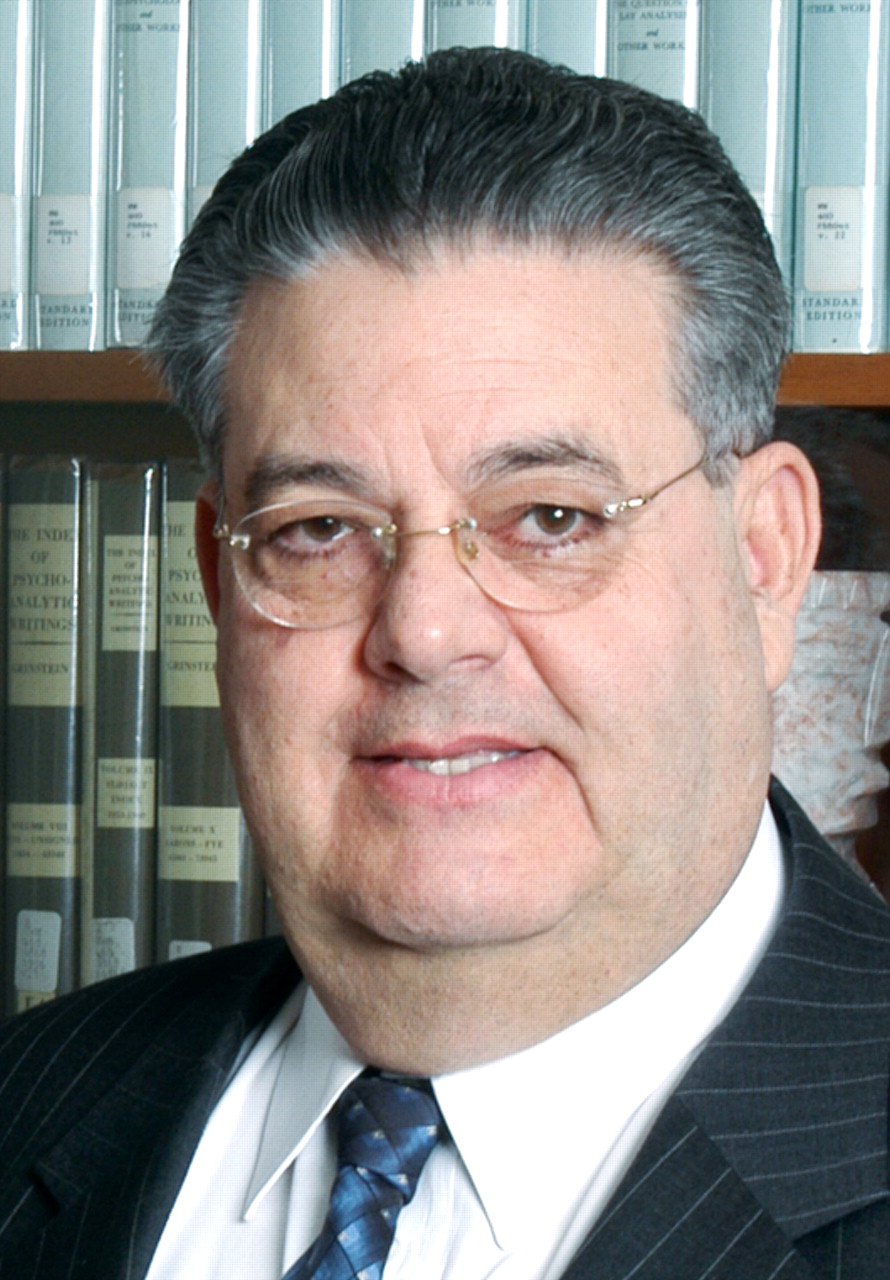Partnering With NAMI Strengthens Our Advocacy Efforts

In this column, I would like to bring you up to date on collaborative efforts I have undertaken with the National Alliance on Mental Illness (NAMI) and its president, Suzanne Vogel-Scibilia, M.D., since becoming APA president. They got off to a running start with my attendance at NAMI's 2006 annual convention in Washington, D.C., this past summer.
NAMI's convention attracted more than 2,000 patients, family members of patients, and mental health professionals, who enthusiastically participated in the meeting's scientific and social activities. I was quite impressed by the camaraderie, fervor, and compassion I encountered in all the people I met. Their strong commitment to NAMI's mission and vision was clearly evident in the sessions I attended.
I was honored to have been invited to chair the plenary session on research titled “Long-Term Studies, the FDA, and Safety.” After I made my address, Jeffrey Lieberman, M.D., Gary Sachs, M.D., and Lawrence Greenhill, M.D., made presentations on the theme of “What Works, What Does Not Work, and How Long We Need to Wait to Find Out.” Although I learned a lot from each of these three leading researchers, I learned even more from the questions asked by patients and family members—they offered a perspective on the issues being discussed that we sometimes overlook. I wished that all the psychiatry residents with whom I work at the University of Texas Medical School at Houston would have been there with me. Future generations of psychiatrists could become more sensitive practitioners and greatly expand their understanding of what it's like to have a mental illness and face difficult treatment and access-to-care issues by viewing the experience through the lenses of patients and their families.
Also during the convention, I attended the NAMI Scientific Council Meeting. Again, discussions about research priorities, ethical dilemmas related to research, and patient-oriented perspectives were discussed by mental health investigators (mostly psychiatrists), patients, mental health advocates, and NAMI staff, including Medical Director Kenneth Duckworth, M.D., and Director of Policy and Legal Affairs Ron Honberg, J.D.
The time I spent outside of scientific sessions and meetings was useful as well. While perusing exhibits and attending social events, I had plenty of time to exchange information and views with long-time and newly made friends and colleagues. A topic that surfaced often in these discussions was the NAMI report titled “Grading the States 2006: A Report on America's Health Care System for Serious Mental Illness.” I was not surprised that the nation as a whole had received a “D” grade and that no state had received an “A” grade (Psychiatric News, April 21).
My attendance at the NAMI convention reaffirmed a decision I had made when I became president of APA to build additional bridges and cement the relationship between APA and NAMI. To this end, I invited Dr. Vogel-Scibilia to address APA's Board of Trustees at its 2006 retreat, which took place in July, and its meeting that followed immediately afterward. At the retreat, Dr. Vogel-Scibilia focused on the need to advocate for “humane care,” which is a component of the theme I have selected for my presidency and for the 2007 annual meeting. (The complete theme is “Addressing Patient Needs: Access, Parity, and Humane Care.”) At the Board meeting, she talked about NAMI's mission and potential areas for stronger collaboration with APA based on shared objectives and common goals.
Her two presentations and the discussion that followed led to further plans for collaboration; among them, a NAMI/APA summit of the organizations' top leadership, which is scheduled for December 9 in Arlington, Va. The agenda is now being developed. I am confident that the summit will lead to more efficient and effective efforts on the part of APA and NAMI to achieve universal access to health care, coverage of psychiatric treatments at full parity with medical/surgical treatments, and a reformed mental health system in which “humane care”—that is, high-quality care to which all Americans have equal access—prevails at all times. ▪



